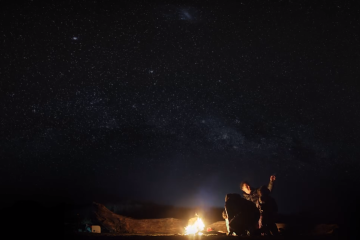Latest News
UCANZ Update week beginning 22 July 2024
Kia ora e te whanau How quickly the world changes. An attempted assassination attempt on a former US president, and within days the current president announces he won’t be seeking re-election. Why does it matter? It affects all of us. The result of the upcoming election will significantly affect either Read more…


